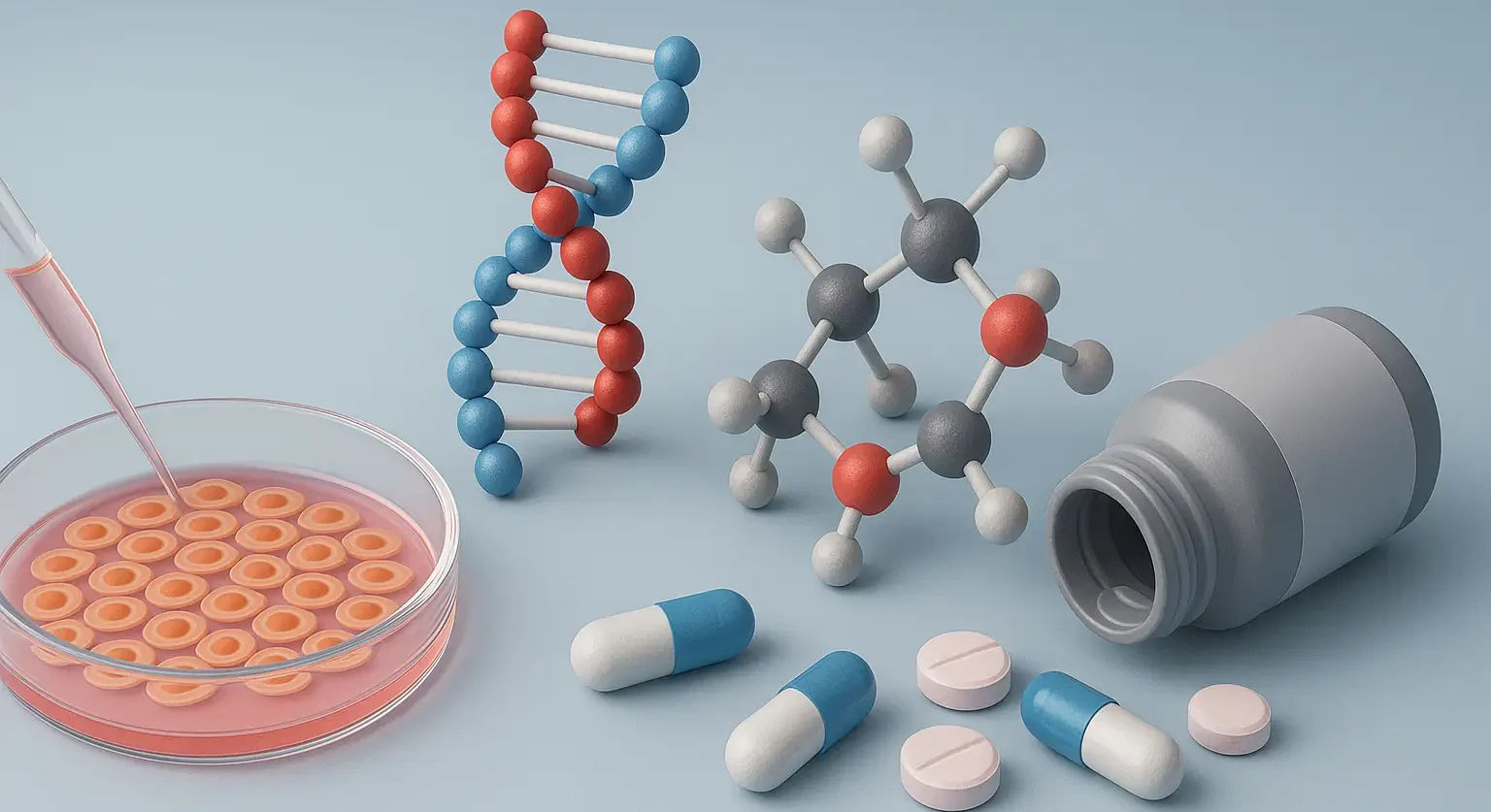- Application of Cell cultures are used in pharma for drug development, toxicity testing, vaccine production, and disease modeling, enabling safer, faster, and cost-effective research and manufacturing processes.
- Below are some most common Application of Cell Cultures in Pharmaceutical Industry and Research:
-
Drug Discovery and Development:
- Screening of potential drug candidates for efficacy and cytotoxicity.
- Studying drug mechanisms and interactions at the cellular level.
-
Vaccine Production:
- Culturing viruses in cell lines to produce vaccines (e.g., influenza vaccines grown in MDCK cells).
-
Monoclonal Antibody Production:
- Hybridoma technology combines immune cells with myeloma cells to produce specific antibodies.
- Used in therapies for cancer, autoimmune diseases, and other conditions.
-
Gene Therapy Research:
- Developing and testing vectors for gene delivery.
- Studying gene expression and regulation in controlled environments.
-
Cancer Research:
- Investigating the molecular basis of cancer using transformed cell lines.
- Testing anti-cancer agents and studying resistance mechanisms.
-
Regenerative Medicine and Tissue Engineering:
- Culturing stem cells for potential therapeutic applications.
- Developing artificial tissues and organs for transplantation.
-
Toxicology Testing:
- Assessing the safety of chemicals and pharmaceuticals without animal testing.
- Evaluating the effects of substances on cell viability and function.
-
Personalized Medicine:
- Using patient-derived cells to test drug responses.
- Tailoring treatments based on individual cellular reactions
Click Here to Watch the Best Pharma Videos

